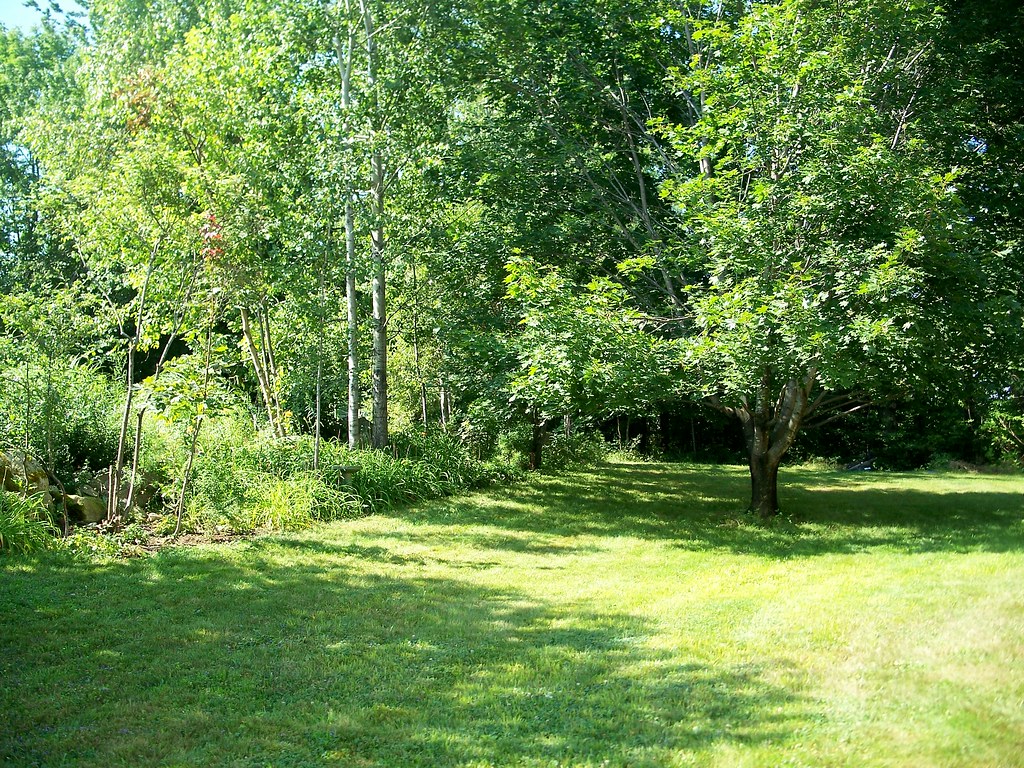|
Our landscapes are an overlooked opportunity to halt and even reverse some of our pressing environmental crises. Here are a few simple things we can all do to fight climate change, insect and bird declines, and make our yards a more diverse habitat that contributes to a healthier planet.
Feed the soil Soil is not just dirt, it's a living ecosystem. Synthetic fertilizers and pesticides harm the biological life inhibiting its ability to store carbon, retain water, and nurture plants. U.N. scientists say that soil is a big part of the solution to climate change, but, “We have lost the biological function of soils. We have got to reverse that.” When you use organic landscaping practices you improve the soil's ability to sequester carbon and filter and recharge groundwater. This also leads to water conservation and healthier plants with less pests and disease. Make friends with the natives Habitat loss as a driving factor in catastrophic insect declines. We can repopulate local species by planting native plants. These are the plants that co-evolved with our pollinators and other beneficial insects and they rely on them to increase their numbers - think Monarchs and milkweed. The caterpillars that these plants produce are vital food for bird reproduction. Baby birds eat thousands of caterpillars! Native trees can host hundreds of caterpillars and provide shelter to many types of wildlife. They help sequester carbon too. No yard? No Problem. Even for those of us who may not have much (if anything) in terms of a yard, we can still make a difference in our communities. By campaigning to stop the use of toxic pesticides and implement organic practices, advocating for natural grass playing fields, encouraging a switch to electric and solar powered landscaping equipment, and volunteering to add pollinator and bird friendly native plants to our parks and schools, we can make a difference. Whether we have a large or small space to work with, each one of us can participate in being part of the solution. |
Archives
March 2024
Categories |
|
Non Toxic Communities is a 501 (c) (3) charitable organization
Nontoxic Communities Foundation, Inc. dba Non Toxic Communities Copyright © 2024 Non Toxic Communities - All Rights Reserved Site design by Bee Rooted | About Us | Contact Us |

 RSS Feed
RSS Feed
